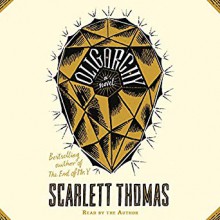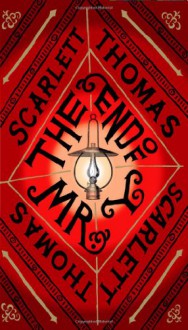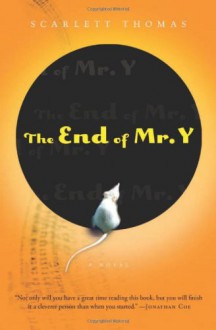
 Door 16: St. Lucia's Day
Door 16: St. Lucia's Day
Book: Read a book newly released in November or December of this year.
A strange, beautifully written, "What am I reading?" book.
A sort of modern-day "Picnic At Hanging Rock" but with eating disorders, trendy-but-hollow therapists and social media.
To enjoy "Oligarchy" I had to repress my urge to tag and classify, set aside the trope library that was unlocked by a blurb that spoke of the daughter of a Russian oligarch arriving at an English all-girl boarding school and then having one of her new friends "mysteriously vanish". The tropes were irrelevant and distracting. The blurb was inaccurate and perhaps deliberately misleading.
Fortunately, I found Scarlett Thomas' writing style and her narration compelling. My curiosity was charmed out of its basked like a cobra in thrawl to a flute.
At the half-way mark, I still had no firm grasp of what the book was about although by then I knew the things it wasn't: a thriller or a mystery or a typical coming-of-age at school story. I didn't mind this. The book felt like being in a dream. The thrust of the narrative came not from "then this happened" but from the evolving perceptions of a fifteen-year-old girl who is bright but whose grasp of the world is slight and semi-magical.
"Oligarchy", is a story about how the malleability of inchoate young girls can be exploited by a powerful few to shape them, figuratively and physically. It's a dark, often unpleasant story, soaked in the hormones and ignorance and group pressure that pervade this third-rate private school, where the lives of the girls are shaped by arbitrary rules and punishments and governed by the shadowy agendas of fathers and headmasters.
The story is told through the eyes of Natasha, a credible fifteen-year-old girl, who has been plucked from poverty in Russia by har newly-discovered oligarch father and dropped into a private school where she is supposed to become someone new.
I was impressed at how authentically adolescent Natasha's point of view was. Sometimes she understands things she should not. Sometimes she surrenders to ideas and behaviours that she knows are fake or wrong. She is always trying to plan who she should be and how she should fit in but often lacks the knowledge or experience to plan well. Natasha's analysis of the world, like those of the girls around her, is a pungent blend of fact, fantasy and magical thinking that heightens their awareness while keeping them vulnerable.
The private school is repulsive, a monument to decay, neglect and meaningless traditions. It is, in part, a metaphor for how those with power over them see the girls: as things to be sequestered, controlled and shaped rather than protected, developed and loved.
The relationship between the girls and food dominates the book. They obsess about diets, adopting them as a collective, collaborative ritual, design to keep them safe by making them desirable. There is a lot about eating disorders; w they manifest, how their caused by a pressure to be perfect and sustained through a social media culture on Instagram and Youtube that elevates anorexia as "Thinspiration".
This is disturbing in its own right but it is made more so by the veneer of concern and the faux science of the anti-anorexia campaigns the school launches. The trendy-five-years-ago-but-still-unchanged therapists are some of the most repugnant adults in the book.
All of this is set against a background of darker threats from the adult world: unexplained deaths in the school that the girls are forbidden to discuss, the odd agenda of the teachers and the headmaster and the shadowy activities of the Russian oligarchs in "Londongrad".
Oddly, the person who treats Natasha with the most compassion is her aunt, a solitary, body-conscious woman running her own cyber-security/hacking business. Her advice to Natasha is mainly always to ensure that she has more than one path available to her.
This is a book of experiences as well as ideas. It's not a comfortable read but it is a fascinating one.

 Log in with Facebook
Log in with Facebook 








